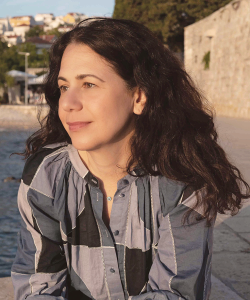Blurring the Borders in Fiction: On Mapping and Naming, Unmapping and Unnaming

A novelist explores the decision to name real places in fiction, the way maps circumscribe those places, how locales heavily defined by tourism are susceptible to those projections, and what it means to push against those expectations.













